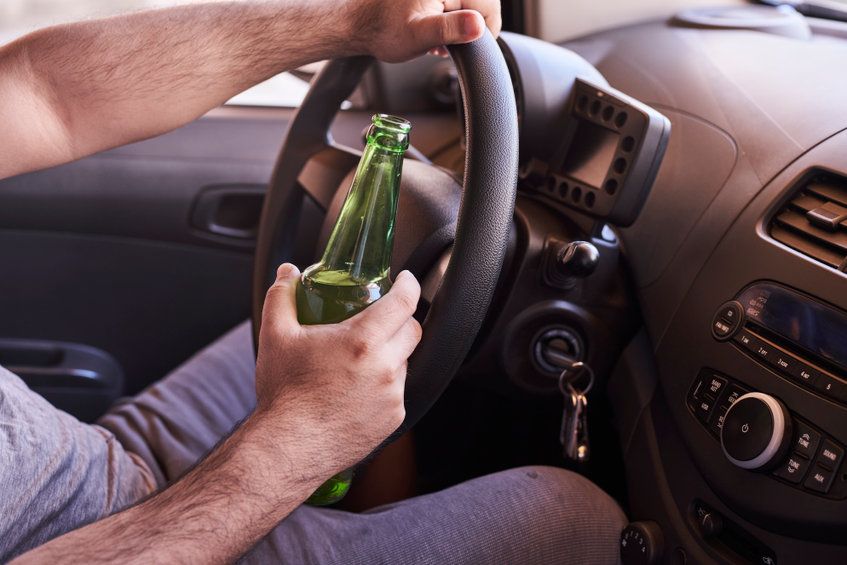
Be Careful With Takeout Alcohol – Wisconsin Has an Open Container Law
Wisconsin has an open container law, and it hasn’t been suspended because of the pandemic. It’s very much in force, and if you’re getting alcohol to go from a bar or restaurant, you have to be very careful not to violate the law accidentally. And unfortunately, that’s easy to do if you’re not used to taking a prepared alcoholic drink away from the place where you’d normally drink it.
The open container law is simple: No open containers of alcohol inside a vehicle on a public roadway. An open container is one that has a broken seal, no lid or other closure, or that has only part of the contents left in it. A beer bottle that you opened but did not drink from is an open container. A bottle that you drank from and then closed up is still an open container in the eyes of the law because it’s now missing part of its original contents.
You’re allowed to carry sealed containers of alcohol in the passenger cab of the vehicle, so taking that alcohol home in your car is legal. However, you can’t open the container in the car when the vehicle is on a public roadway, even if you just want to smell what’s in the container and not actually drink. It doesn’t matter if you’re a passenger; no open containers allowed in that vehicle when it’s on a public roadway. That includes being parked on the side of the road.
If you have an open container and want to take it home, you’ll need to close it and then place it somewhere that isn’t a passenger compartment. The trunk is usually the only part of the car that’s acceptable.
If you’re caught with an open container, you’ll not only be charged with violating that law, but the police may want to test you for intoxication. With an open container in the car, it’s possible you’ve taken a sip of that alcohol while driving.
If you’re being charged with violating open container laws, or are facing DWI charges, contact Eisenberg Law Offices at (608) 256-8356. These are serious charges, and you’ll need legal representation as your case progresses through the legal system.







